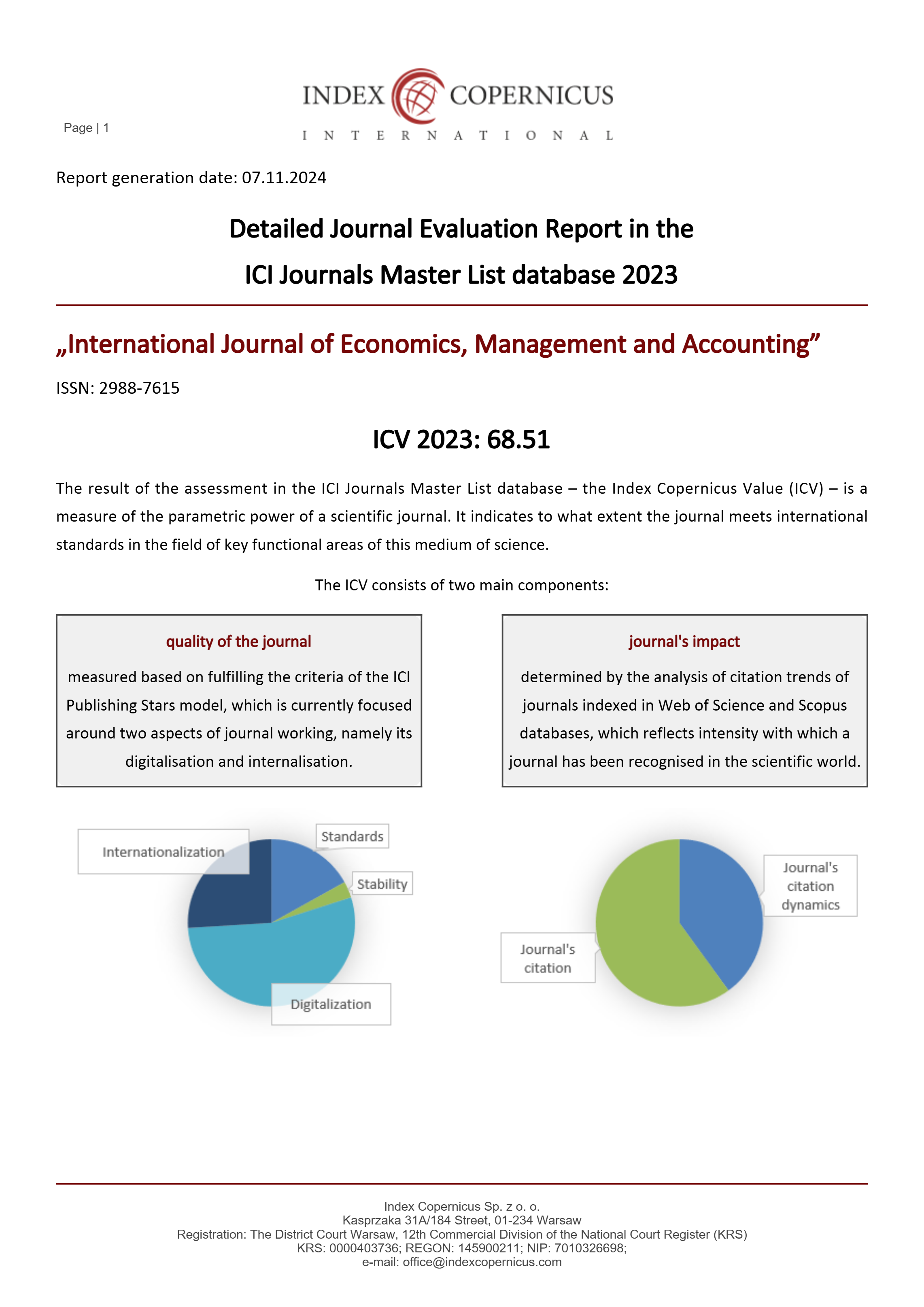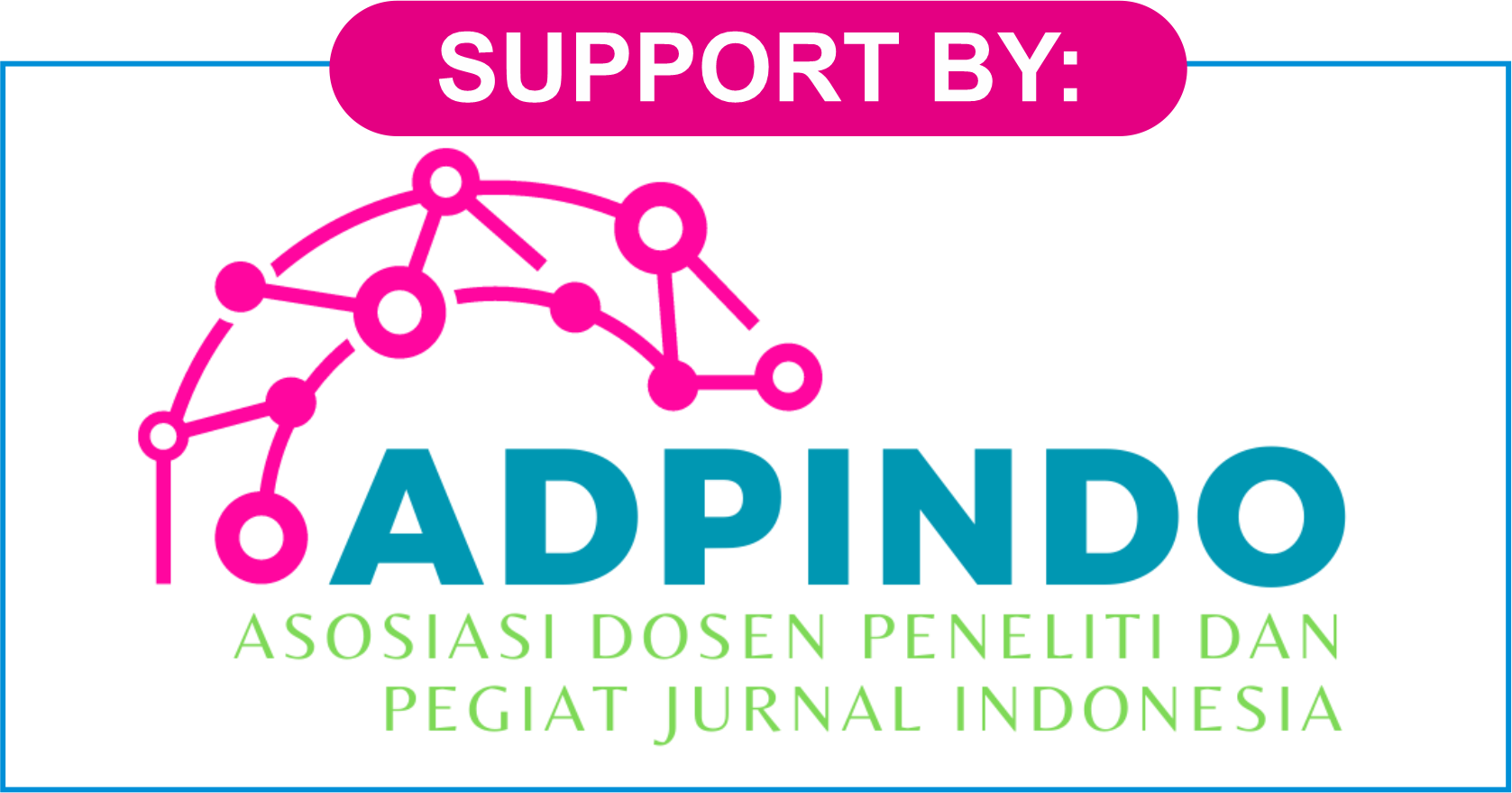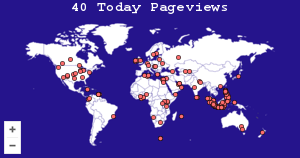The Effect of Training and Work Discipline on Employee Performance with Career as A Moderating Variable for Employees at PT PLN (Persero) Implementation Unit Customer Service North Medan
DOI:
https://doi.org/10.47353/ijema.v3i3.331Keywords:
Training, Work Discipline, Career, PerformanceAbstract
This study aims to analyze the influence of training, work discipline, and career development on employee performance, as well as to examine the moderating role of the interaction between variables on performance. The research approach used was quantitative with Partial Least Square (PLS) analysis technique. Data was obtained through distributing questionnaires to 65 respondents. The results showed that training, work discipline, and career development have a positive and significant influence on employee performance. This indicates that the better the training is provided, the higher the discipline, and the clearer the direction of career development, the more employee performance will improve. Meanwhile, the first and second moderating effects did not have a significant influence, so the interaction between variables did not strengthen the relationship on performance. This finding implies that organizations need to focus more on strengthening the main variables in an effort to improve employee performance.
Downloads
References
Delery, J., & Doty, D. (2019). Modes of Theorizing in Strategic Human Resource Management: Tests of Universalistic, Contingency, and Configurational Performance Predictions. Academy of Management Journal, 39(4), 802-835.
Ferine, KF, & Ermiati, C. (2020). The Influence of Motivation and Competence on the Performance of Employees of SMEs Assisted by Bank Sumut, Kampung Baru Branch, Medan. Liabilities (Journal of Accounting Education), 3(2), 115–120. https://doi.org/10.30596/liabilities.v3i2.5587
Handoko, TH. (2016). Human Resource Management. Yogyakarta: BPFE.
Handoko, TH. (2016). Personnel and Human Resource Management. Yogyakarta: BPFE-Yogyakarta.
Hasibuan, MSP. (2016). Human Resource Management (Revised Edition). Jakarta: Bumi Aksara.
Hirschi, Andreas, & Spurk, D. (2021). The Role of Career Development and Training in Employee Performance. Journal of Vocational Behavior, 89(3), 24-31.
Khatimah, H., Halim, F., & Budianto, A. (2020). Employee Performance Measurement in State-Owned Enterprises: Evidence from Indonesia. Asian Journal of Management Studies, 8(1), 1-15.
Ma, Hsiang Yu. (2020). Increasing Employee Work Discipline and Its Impact on Organizational Productivity. Journal of Business Research, 18(3), 221-229.
Ma, Hsiang Yu. (2020). Work Discipline and Its Influence on Employee Productivity. Journal of Organizational Behavior, 15(1), 110-120.
Mangkunegara, AAAP. (2017). Corporate Human Resource Management. Bandung: PT Remaja Rosdakarya.
Mithout, R. (2021). Developing Competencies in the Workplace: Training and Career Development Practices. Human Resource Review, 12(4), 180-192.
Mithout, S. (2021). Workplace Adaptation through Employee Training. Journal of Industrial Psychology, 10(2), 85-98.
Robbins, SP, & Judge, TA. (2020). Organizational Behavior. Jakarta: Salemba Empat.
Sastrohadiwiryo, S. (2015). Indonesian Workforce Management: Administrative and Operational Approaches. Jakarta: Bumi Aksara.
Sinambela, J. (2016). Human Resource Management: Building a Solid Work Team to Improve Performance. Jakarta: Bumi Aksara.
Steindórsdóttir, Bryndís D., Arnulf, Jan Ketil, & Norbom, H. (2024). Continuous Training for Employee Development. International Journal of Human Resource Development, 6(4), 55-62.
Sugiyono. (2018). Quantitative, Qualitative, and R&D Research Methods. Bandung: Alfabeta Publisher.
Vij, Akshay. (2023). The Importance of Employee Competencies in Organizational Success. International Journal of Business Strategy, 14(2), 134-145.
Waworuntu, Dea U., Lapian, Joyce, & Pandowo, T. (2022). Work Discipline and Its Impact on Employee Performance: A Case Study at PT XYZ. Business and Management Studies, 8(1), 105-115.
Wibowo, A. (2020). Performance Management. Jakarta: Rajawali Pers.
Downloads
Published
How to Cite
Issue
Section
License
Copyright (c) 2025 Riston Sihaloho, Kiki Farida Ferine, Sri Rahayu

This work is licensed under a Creative Commons Attribution 4.0 International License.











